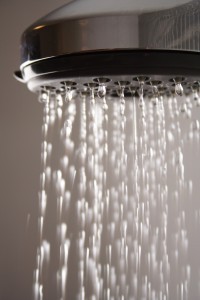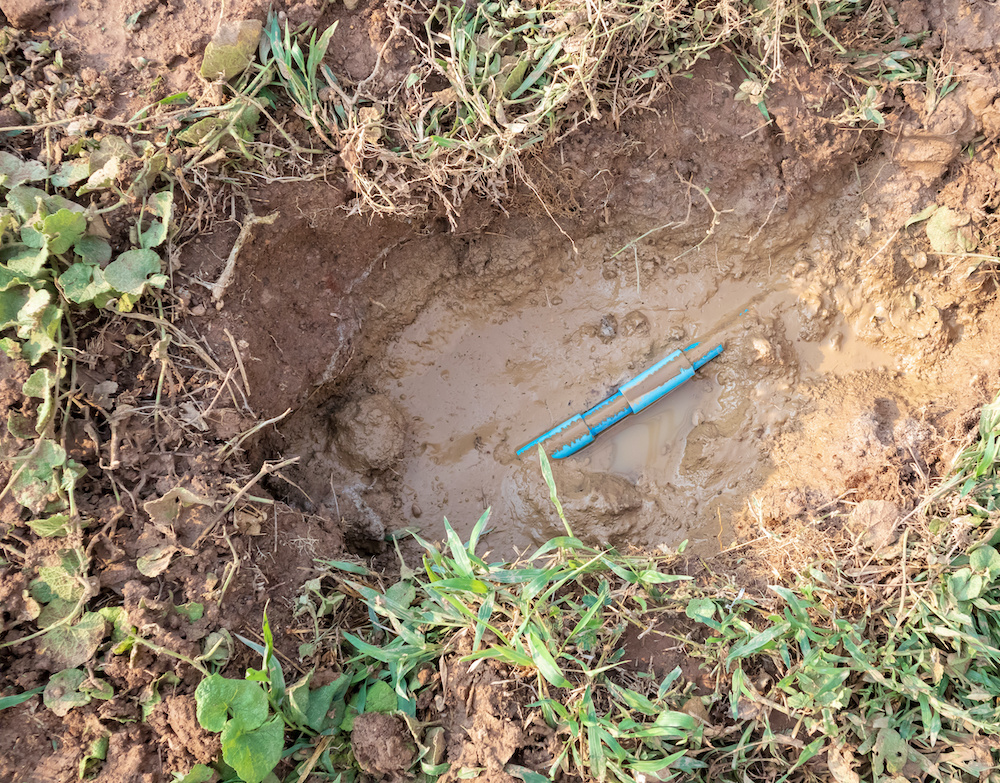Is a Tankless Water Heater Worth the Investment?

Storage water heaters may be the norm, but they are far from your only option. In fact, you may be considering installing a tankless water heater. You’ve heard the upgrade will result in energy savings, but is a tankless water heater really the right choice for you? Here are the top benefits and things to know before going tankless.
Tankless Water Heaters Save Energy
This is where tankless water heaters shine. They only heat water when you call for it, eliminating the standby heat loss associated with storing hot water 24/7. Powerful electric or gas-powered heating elements come to life when you turn on the hot water faucet. Only then does the tankless water heater use energy.
If your household consumes 40 gallons of hot water or less per day, this enhanced operation can increase efficiency by 24% to 34%. Even if your family uses closer to 80 gallons of hot water daily, you can still enjoy 8% to 14% energy savings.
Tankless Water Heaters Provide Endless Hot Water
With a storage water heater, you have to wait at least 10 minutes between each shower for the hot water supply to replenish. Showering immediately after running the dishwasher is also out because this activity uses up a lot of hot water and drains the tank significantly. It’s also impossible to take long, hot showers if your tank is undersized.
In contrast, tankless water heaters require no wait time between hot water activities. Heating water on-demand means you have an endless supply of it. Your entire family can take showers back to back and never run out of hot water.
Just be aware that tankless water heaters have a lower flow rate. Compared to the 7.5 to 9.5 gallons per minute that storage tanks can pump out, tankless units average flow rates between 2.5 and 5 gallons per minute. This reduces the ability to perform hot water activities simultaneously.
Fortunately, it’s easy to counter this disadvantage. Simply avoid showering while the dishwasher is running, or install smaller point-of-use tankless units in the kitchen and bathrooms. Another advantage of doing this is that the water heats up almost instantly, limiting water waste at the tap.
Tankless Water Heaters Boast a Long Life Span
Storage water heaters only last about a decade. Once you hit the 10-year mark, it’s time to start considering your replacement options. However, tankless systems often come with a 12-year warranty and easily last 20 years or longer.
This impressive life span—combined with the energy savings you enjoy year over year—helps you recuperate the higher upfront cost required to purchase and install a tankless water heater. If you’re unsure about your return on investment, your plumber can help you crunch the numbers before you make your final decision.
Tankless Water Heaters Have a Small Footprint
Traditional water heaters are usually 5 feet tall and 2 feet in diameter. They take up precious storage space, especially if you live in a small condo or townhouse. On the other hand, tankless units typically measure about 20 inches wide by 28 inches tall by 10 inches deep. This means, instead of taking up 15.7 square feet the way a storage tank does, a tankless hot water heater only takes up 3.2 square feet. Plus, the unit mounts to the wall, getting it up and out of the way.
Ready to Replace Your Water Heater? Contact Us Today!
After learning more about tankless water heaters, you may be interested in installing one in your home.
To request tankless water heater installation in the MD, DC, VA, PA, or DE area, please call Len The Plumber at 800-950-4619. We offer same day visits and emergency services for no extra charge!
This post first appeared on https://lentheplumber.com


 Furnaces are some of the most affordable and efficient heating systems we have available. A furnace can be installed and run for an entire year at half the cost of some other heating systems, depending on the climate and the model. This means your furnace should be well-maintained, professionally installed, and quickly repaired whenever a problem arises.
Furnaces are some of the most affordable and efficient heating systems we have available. A furnace can be installed and run for an entire year at half the cost of some other heating systems, depending on the climate and the model. This means your furnace should be well-maintained, professionally installed, and quickly repaired whenever a problem arises. So, you want to do your part in conserving water? Great! You’ve certainly come to the right place. Our team is your go-to for all things plumbing, and we’ve got plenty of knowledge to share!
So, you want to do your part in conserving water? Great! You’ve certainly come to the right place. Our team is your go-to for all things plumbing, and we’ve got plenty of knowledge to share! To live comfortably at home during the winter, you’ll need your water heater. But, it’s susceptible to wear. Once that happens, you’ll end up with a faulty unit that doesn’t produce warm water. Calling for a
To live comfortably at home during the winter, you’ll need your water heater. But, it’s susceptible to wear. Once that happens, you’ll end up with a faulty unit that doesn’t produce warm water. Calling for a  The space where the heater will be placed increases the cost of installation since it affects the labor needed from a heating repair company. Usually, those in accessible areas will incur a smaller fee than those that have to be brought into tight spaces. Similarly, the price will go up if you want the unit somewhere far from the main waterlines, like a barn or shed.
The space where the heater will be placed increases the cost of installation since it affects the labor needed from a heating repair company. Usually, those in accessible areas will incur a smaller fee than those that have to be brought into tight spaces. Similarly, the price will go up if you want the unit somewhere far from the main waterlines, like a barn or shed.


 We don’t mean to imply you need to stare into the drains in your house as often as you can spare the time. We mean that while you go about your daily routines of cooking, showering, bathing, and cleaning, imagining the drains are just fine, they may be picking up debris that will create slow or clogged drains in the future.
We don’t mean to imply you need to stare into the drains in your house as often as you can spare the time. We mean that while you go about your daily routines of cooking, showering, bathing, and cleaning, imagining the drains are just fine, they may be picking up debris that will create slow or clogged drains in the future.